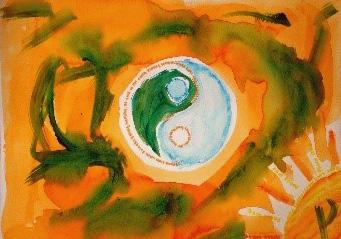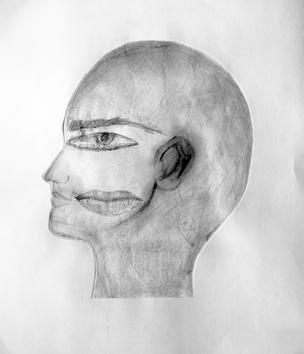
2 minute read
A Benevolent God? Max Lava
A Benevolent God? Max Lava, RZJHS 2020
In my four years of attending RZJHS, I’ve often found myself struggling with the idea of having faith in God and goodness. For as many times that we were taught about God being good and benevolent, I found myself wondering if He really was.
Often, looking through the Torah, I wondered how a God who seems so terribly apathetic at best and out right malicious at worst could be worshipped as a good and benevolent God. If we look out at all the suffering in the world, especially now with the spread of COVID-19, then the questions of whether or not God allows or enables suffering in the world, and if so, what we could have done to deserve this, become increasingly relevant questions to ask in these trying times.
I’m not the first person to be asking these kinds of questions, however. There have been questions and concerns raised about God and His relationship with suffering and goodness. These questions were first raised in the Book of Job, and have persisted ever since. These are the questions about why good people suffer, why evil exists, and what His relationship is to evil. While many have tried to answer these questions, I believe that good people suffer and evil exists for the same reason: we as human beings will it into existence.
In making this argument, I first need to demonstrate that human beings are responsible for evil which exists in the world. In Avodah Zarah 54b, it is written that “the world pursues its natural course, and as for the fools who act wrongly, they will have to render an account.” What the Rabbis mean is that because we have free will, God cannot control what we do. Our actions will yield consequences one day, as this is the nature of the world God created.
This latter point is exemplified in the Book of Job, especially when Job confronts God, and He replies with all of the things in the world which He controls, but most of what is listed are acts of nature, not of morality or human choice. Therefore, we can infer that while God controls the world so as to keep it spinning, what God does not do is control the choices that human beings
make, such as good and evil.
Aya Moller, RZJHS 2022
Second, I must address my claim that humans are responsible for these faults. In Harold Kushner’s book, Why Bad Things Happen to Good People, Rabbi Kushner introduces the idea that what it means to be human is to have free will. Kushner then uses this same line of thinking in order to explain why evil exists: because human beings have free will, we also have the choice between good and evil.
Building on this, Kushner also cites this as the reason for suffering, claiming, “Why, then, do bad things happen to good people? One reason is that our being human leaves us free to hurt each other, and God can’t stop us without taking away the freedom that makes us human.” This means that God is not responsible for evil being committed in the world by humans, because God gave human beings free will, and with our free will comes our ability to choose between good and evil.
Finally, I must address the question of God, and His relation to suffering and morality.








